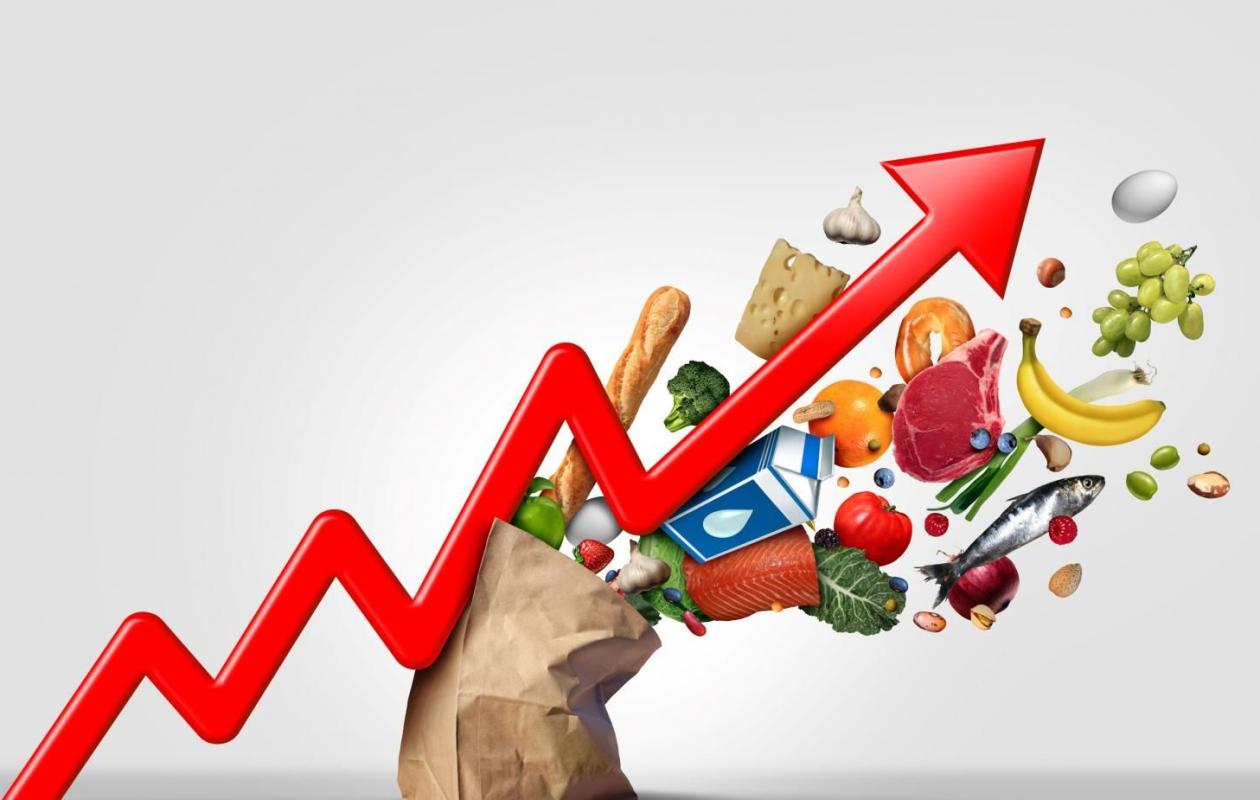
Inflation : L’ennemi silencieux du pouvoir d’achat
Inflation is one of the most frequently used terms in economics, but also one of the most feared by households. It refers to the widespread and sustained increase in the prices of goods and services, as measured by the Consumer Price Index (CPI).
In West Africa, as elsewhere, it acts as an invisible tax that reduces purchasing power and undermines social stability.
The causes: a global and local mix
Since 2020, inflation has been fueled by several successive shocks. The Covid-19 pandemic disrupted supply chains, then the war in Ukraine caused a surge in energy and food prices.
Added to this are local factors such as dependence on commodity imports, weak logistics infrastructure, and currency vulnerability to strong currencies. In the WAEMU, although the CFA franc is pegged to the euro, fluctuations in the dollar, the dominant currency for oil and grain imports, exacerbate inflationary pressures.
The impacts: households and states under pressure
For households, inflation translates into a higher cost of living. The food basket becomes more expensive, wages lose their real value, and inequality increases. Small businesses see their costs rise, reducing their competitiveness. For governments, inflation complicates budget management, increases social spending, undermines political stability, and can limit the capacity to invest in development.
The answers: monetary discipline and economic resilience
Faced with this challenge, central banks, particularly the BCEAO, have a mission to maintain price stability. They use tools such as raising key interest rates to curb demand and contain price increases.
But the fight against inflation cannot be limited to monetary policy. It also requires structural reforms. Investing in local agriculture, strengthening transport infrastructure, and diversifying energy sources are all levers for reducing dependence on imports and building sustainable resilience.
Inflation is therefore both a technical and profoundly social phenomenon. It illustrates the fragility of economies in the face of global shocks and underscores the importance of rigorous economic governance. In West Africa, the fight against inflation is as much a matter of monetary policy as it is a question of food and energy sovereignty.
Commentaires (1)
Participer à la Discussion
Règles de la communauté :
💡 Astuce : Utilisez des emojis depuis votre téléphone ou le module emoji ci-dessous. Cliquez sur GIF pour ajouter un GIF animé. Collez un lien X/Twitter ou TikTok pour l'afficher automatiquement.